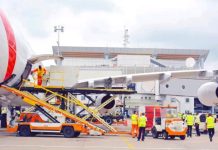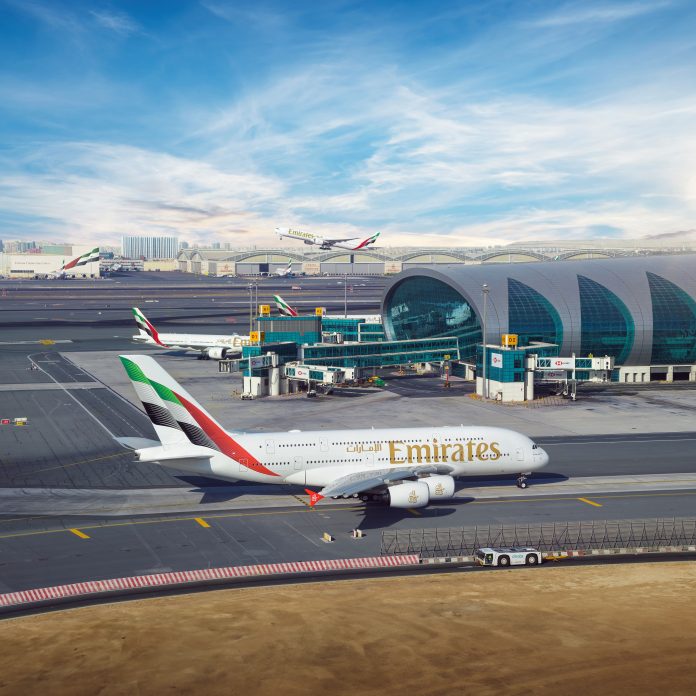The aviation sector contributed an impressive 27% to Dubai’s GDP in 2023, amounting to AED 137 billion (USD 37.3 billion). This impact includes the aviation sector’s core contributions alongside the catalytic influence of aviation-driven tourism. The sector supported over 630,000 jobs, with projections to add another 185,000 by 2030 as Dubai’s aviation-linked GDP share rises to nearly a third.
The Emirates Group and Dubai Airports report, developed by Oxford Economics, underscores aviation’s essential role in Dubai’s economy. The analysis covers direct and indirect economic activity generated by the sector, as well as its impact on tourism spending. His Highness Sheikh Ahmed bin Saeed Al Maktoum emphasized aviation’s role in the D33 Economic Agenda, which aims to amplify Dubai’s global trade, tourism, and connectivity footprint.
Dubai’s aviation sector—which includes Emirates, Dubai Airports, and associated entities—produced a core economic impact of AED 94 billion, with an additional AED 43 billion from tourism spending. The report projects that by 2030, Emirates and Dubai Airports will contribute AED 196 billion, equal to 32% of Dubai’s GDP, while the sector will support 816,000 jobs.
Dubai’s aviation infrastructure expansion, such as the AED 128 billion Dubai World Central—Al Maktoum International airport, will facilitate growth with its capacity for 260 million passengers and 400 aircraft stands. This new development will strengthen Dubai’s positioning in the D33 agenda, aiming to add 400 global destinations and solidify its rank among the top five logistics hubs.
As tourism remains central to Dubai’s growth, aviation has significantly bolstered the emirate’s international tourism. Visitors to Dubai spent AED 66 billion in 2023, with a direct economic impact of AED 43 billion. The report anticipates aviation-facilitated tourism to support AED 63 billion in value by 2030, contributing 10% to Dubai’s GDP and supporting one in eight jobs.













